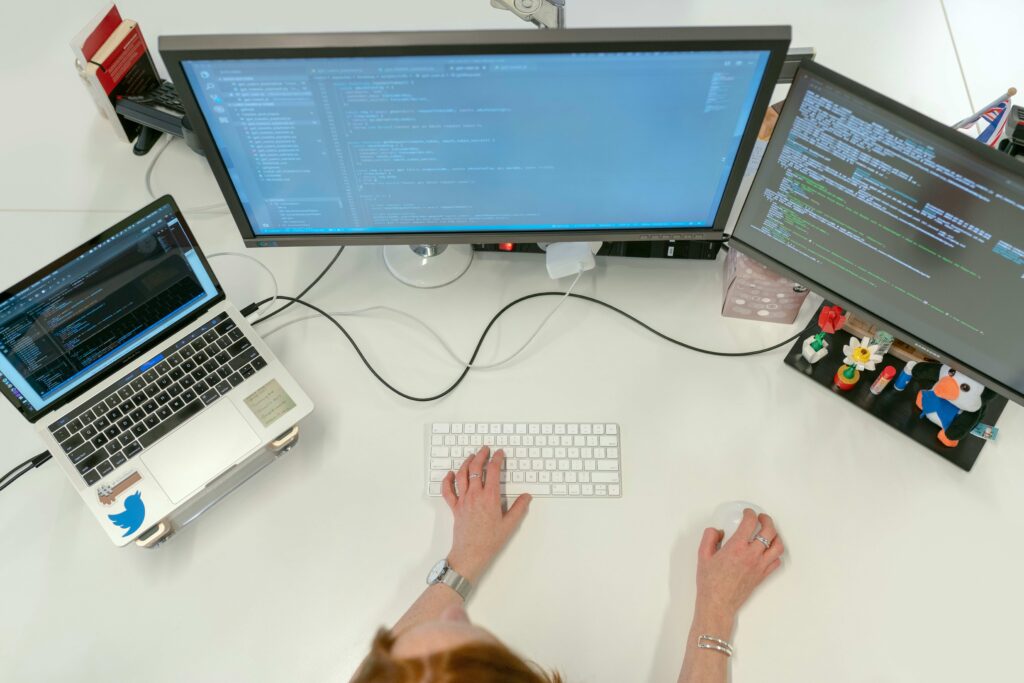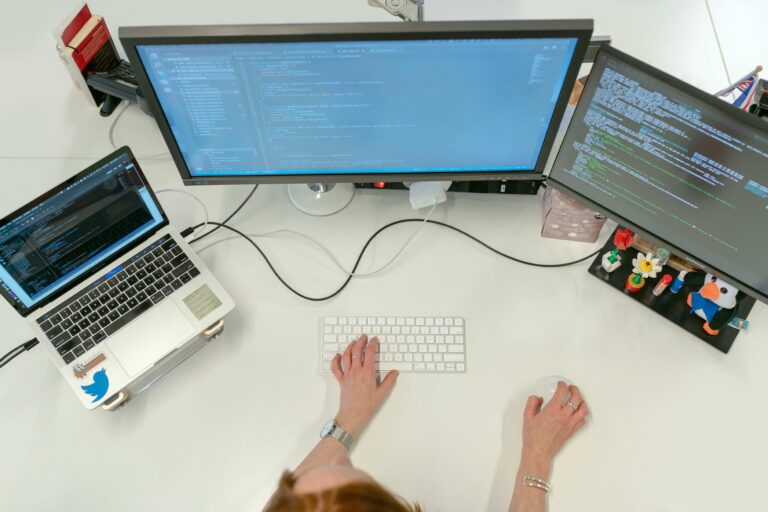Landing a tech job can feel like navigating a maze, and often, the most challenging part is the coding tests.
We’ve seen countless talented individuals stumble at this hurdle, not because they lack the skills, but because they’re unprepared for the unique demands of these assessments.
Take Abdul, for example, a brilliant developer we recently worked with. He could debug complex systems in his sleep, but froze when asked to whiteboard a simple algorithm under pressure.
It was a clear reminder that even the best engineers can benefit from understanding the ins and outs of coding tests. That’s why we put together this guide: to help you not be Abdul.
In this article, we’ll explore why companies use coding tests, the different types you’ll encounter, their pros and cons, and most importantly, our best tips for online success.
Why Companies Use Coding Tests
Companies use coding tests to objectively assess a candidate’s technical ability and problem-solving skills before the full interview stage.
These tests help screen the competent individuals from the unqualified individuals. Companies can evaluate a candidate’s understanding of algorithms, data structures, and other concepts regarding software development. The tests also show if they can write clean, easy-to-understand code, which is very necessary in today’s job market. These tests also see if they can adjust to new problems and learn quickly, which is needed in technology.
Coding tests allowed companies to understand specific skills acquired by a candidate, such as:
- Skill level: Can you actually code?
- Problem-solving: Can you find solutions to coding problems?
- Thinking process: How do you think when coding?
In short terms, coding tests are quick tests to see whether a candidate can walk the walk before they talk in deeper interviews beyond this stage.
Different Types of Coding Tests
There are several types of coding tests companies may use:
- Algorithmic Challenges: Designed to assess a candidate’s ability to solve logical and mathematical problems using step-by-step processes (algorithms). The key features of this assignment focus on problem-solving focus and efficiency (how quickly and consistently you can write).
Examples include:
・String Manipulation
・Dynamic Programming
・Array Sorting and Searching
- Pair Programming: A collaborative technique where two programmers work together on the same task, typically through a shared work environment. The most common style is the driver/navigator style, the driver (person who writes the code) and the navigator (person who observes and reviews the code). In these tests, you will be the driver and the navigator at different points in the test. This allows you to frequently maintain engagement and share responsibility.
Styles of Pair Programming include:
・Driver/Navigator
・Ping-Pong
・Remote
- Data Structure Tests: Designed to assess your understanding and practical skills using various data structures. The purpose of these tests is to focus on how well you can utilise, implement, and manipulate data structures to effectively solve problems. Candidates often are required to find duplicates in an array, create a linked list, or implement stack and queue operations.
The most common Data Structures used are:
・Arrays
・Trees
・Linked Lists
- Language-Specific Tests: These tests evaluate a candidate’s proficiency in a particular programming language (Python, Java). The purpose of these tests is to go far beyond your general problem-solving skills and reach into your knowledge of language syntax and features. These tests are important because they can demonstrate to the employer that you write clean and efficient code in the language used by the team, and they also help increase productivity if you understand the language thoroughly (leading to fewer mistakes).
Commonly Tested Languages:
・Python
・Java
・C++
5 tips for success by Anthony Huynh, Head of Titan Business Innovation
- 1. Master the Basics:
To do well in coding interviews, you’ll need to know the core building blocks of programming, like loops, conditions, functions, and object-oriented concepts. Equally important is being comfortable with common ways to organize data (like arrays and trees) and the step-by-step methods for solving problems (such as sorting and searching).
- 2. Practice Regularly:
Practice often on sites like LeetCode and HackerRank. Focus on recognizing common problem types and solving classic coding challenges. Also, do timed tests to get better at performing under pressure. To get good at coding interviews, practice a lot on sites like LeetCode. Focus on common problem-solving patterns and classic questions to build speed and feel more confident. Also, do timed challenges to get used to the real interview setting.
- 3. Focus on Problem-Solving Technique:
When tackling coding problems, focus on how you approach them. Break problems into smaller parts, spot familiar patterns and pick the right data structures. Always think about how efficient your solution is, both in time and space (Big O), and try to make it as optimized as possible. Focus on how you solve problems. Break them down, spot patterns, and pick the right data structures. Always check how efficient your solution is (its time and space) and try to make it better.
- 4. Manage Your Time Effectively:
Managing your time well during coding tests is crucial. Begin with simpler problems to gain confidence, then move on to tougher ones. Always set aside time to review and debug your code before finishing. Regularly practice solving problems under strict time limits to improve your speed and accuracy. In coding interviews, managing your time is crucial. Start with easier questions to build confidence before moving to harder ones. Always save time to review and fix your code. And practice solving problems under a timer to get faster and more accurate.
- 5. Seek Feedback and Review:
After you practice, always review your answers. Ask friends or mentors for feedback to find out where you can get better.
Coding tests can be intimidating, but with the right preparation, they become opportunities to showcase your true abilities.
Remember, it’s not just about writing perfect code but about demonstrating how you think, solve problems, and adapt under pressure.
By mastering the basics, practicing regularly, and approaching challenges strategically, you’ll enter your next interview with more confidence and clarity. Whether you’re just starting your tech journey or looking to level up, preparation is your best ally.
You’ve got this, just don’t be Abdul.







